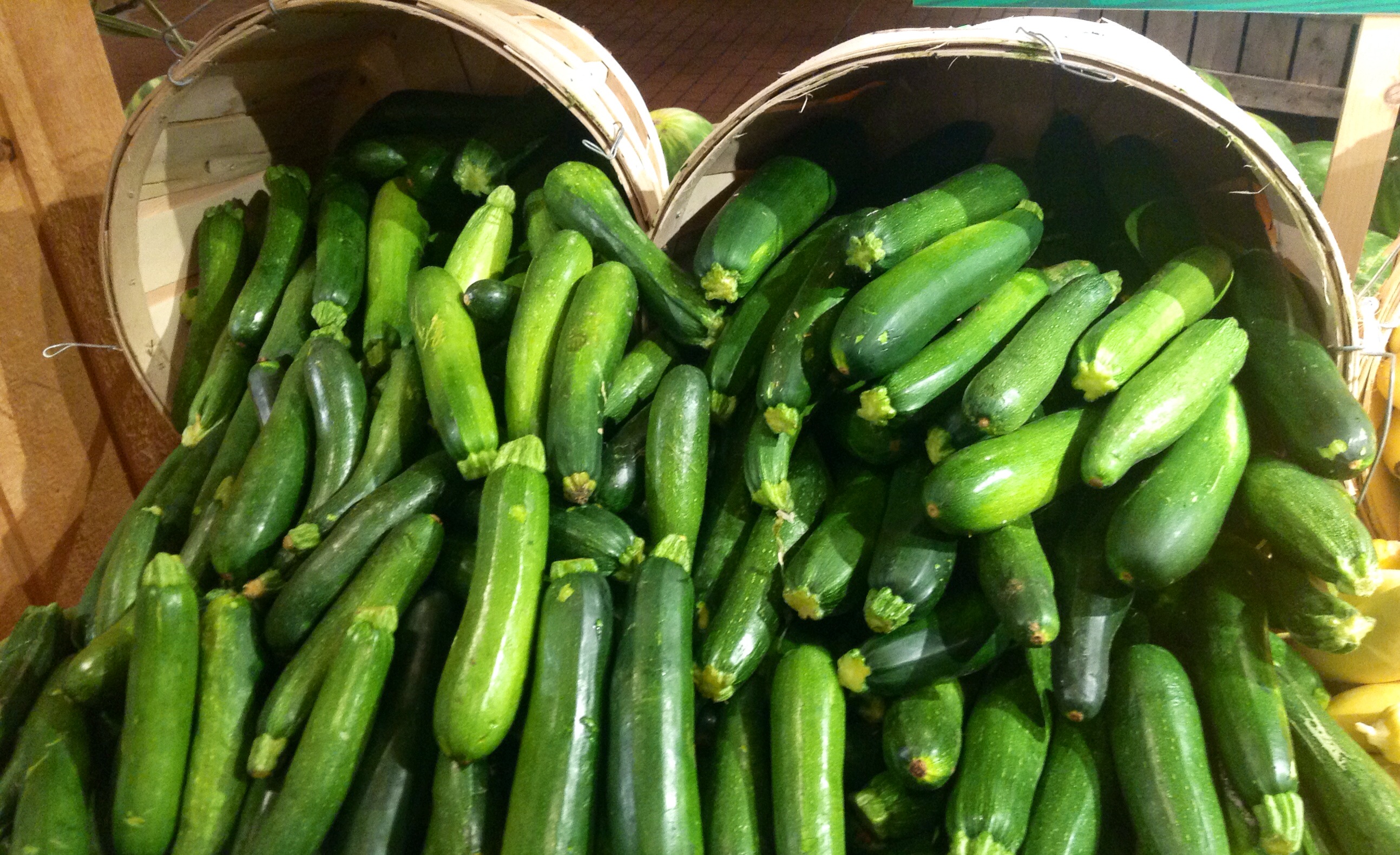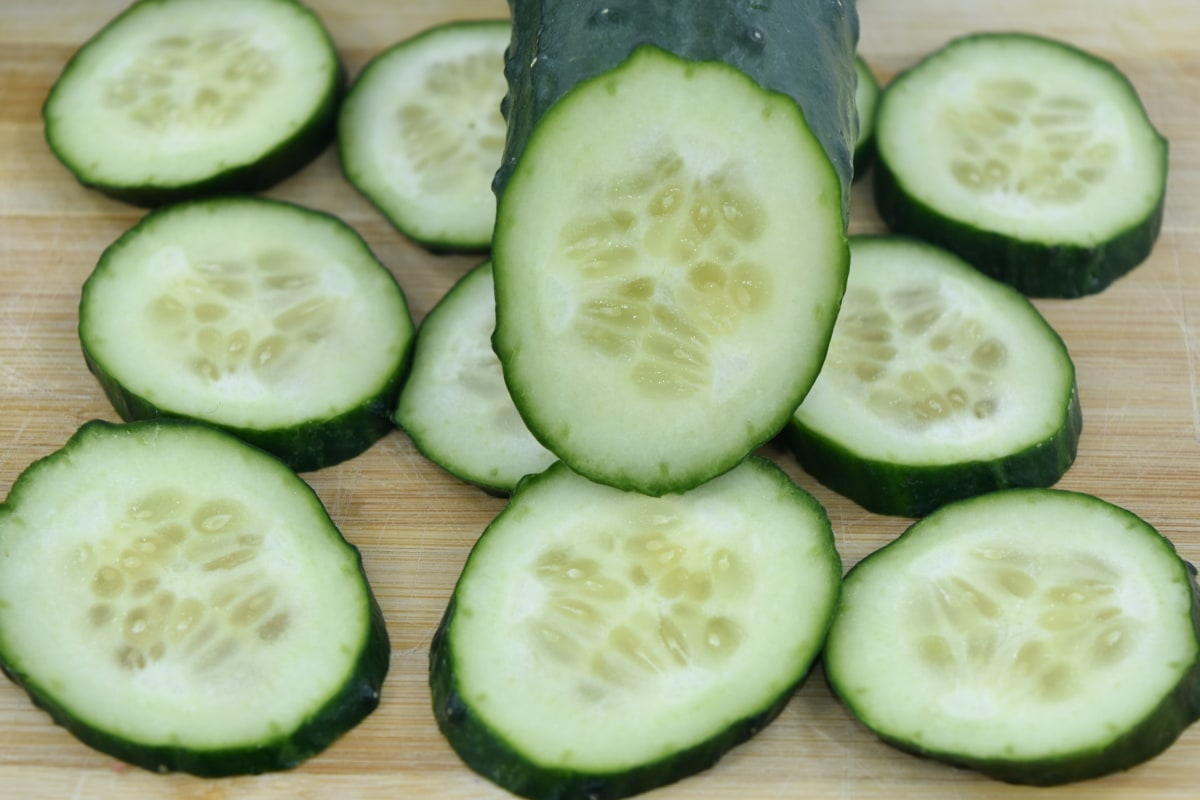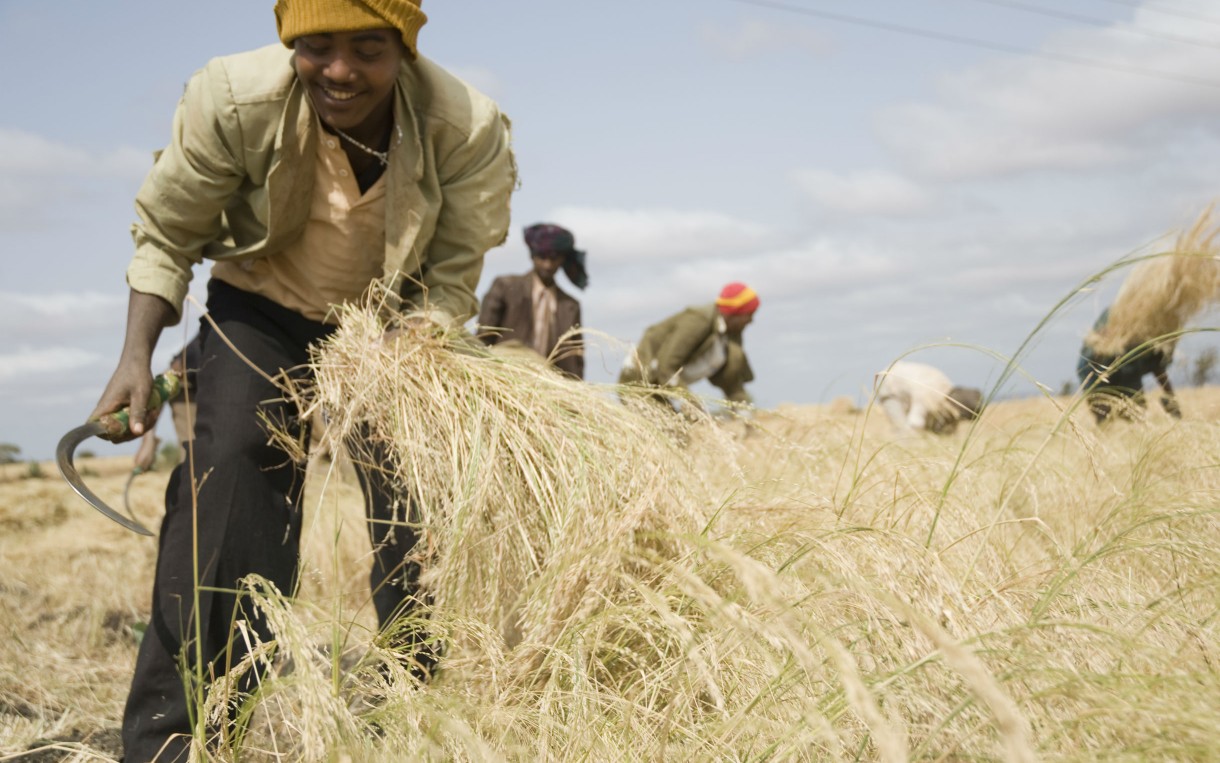
The nutrients in prunes are so impressive that they can help lower the risk of getting colon cancer.
Excluding skin cancers, colorectal cancer is the third most common diagnosed in the US. Last year, it was more than 93,000 new cases of colon cancer and almost 40,000 cases of rectal cancer diagnosed.
Eating habits is thought to play a role in the risk of getting colon cancer, as with most cancers. For example, recent studies support that eating a diet high in processed meats like bacon, hot dogs and some luncheon meats, increases your chances in getting cancer.
Texas A&M researchers presented new research at the 2015 Experimental Biology conference in Boston, MA, suggesting that eating prunes regularly may lower the risk of people getting colon cancer.
Prunes may lower your risk of colon cancer by building gut bacteria. The fruit is rich in antioxidants, fiber, potassium and phytochemicals, all of which may play a role in lowering the risk of getting a chronic disease.
In a rat study, researchers fed the rodents either a diet of prunes or a control diet without the dried fruit. The rats that were fed the prunes had significant increases in the number of bacteria in the gut known as Bacteroidetes and Firmicutes.
Rats on the prune diet also had significantly less numbers of aberrant crypts, which are signs of precancerous lesions. Study author Dr. Nancy Turner said:
“From this study we were able to conclude that dried plums did, in fact, appear to promote retention of beneficial microbiota and microbial metabolism throughout the colon, which was associated with a reduced incidence of precancerous lesions.”
Another study from 2005, revealed similar results about prunes “favorably altered… colon cancer risk factors” in rats, possibly due to their high content of dietary fiber.





